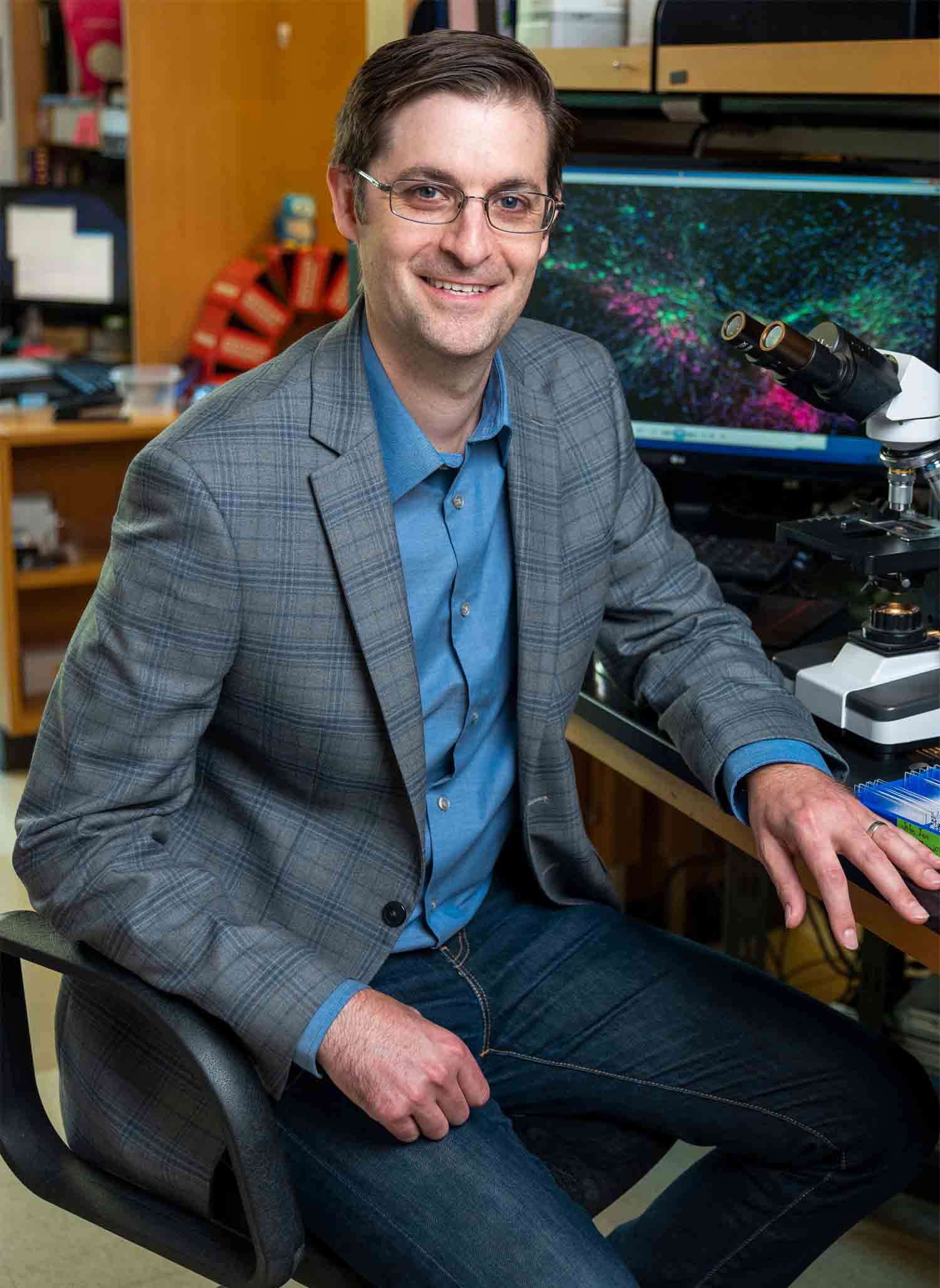
Dan
Daniel Dombeck
Principal Investigator
d-dombeck@northwestern.edu
AT&T Research Fellow
B.S. Physics, University of Illinois, Urbana-Champaign, IL
Ph.D. Physics, Cornell University, Ithaca, NY
Postdoc Neuroscience, Princeton University, Princeton, NJ
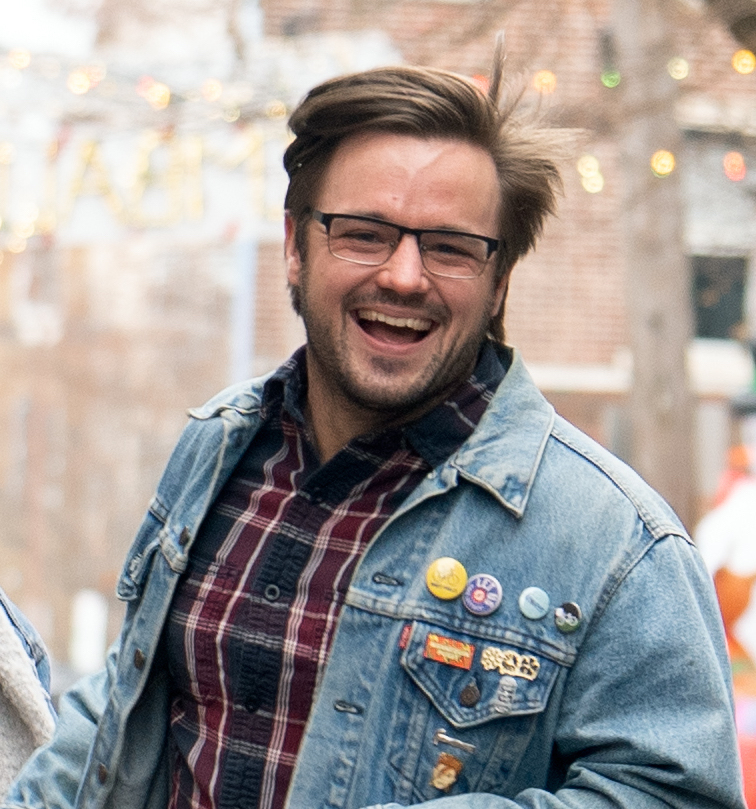
Chris
Chris Angeloni
Postdoctoral Fellow
christopher.angeloni@northwestern.edu
The natural world is complicated and dynamic. We use many cues to guide our navigation, and can flexibly modify our routes based on changes to our environment: what may be a safe and fast bike route one day may be blocked by construction the next day, making that route more dangerous. I am interested in how we navigate in dynamic environments, a skill which requires planning. To study this, I record neural activity from multiple brain regions while mice engage in naturalistic predator-prey interactions. By combining ethologically-inspired behavioral tasks with state of the art recording techniques, we hope to elucidate the brain regions and neural mechanisms involved in planning.
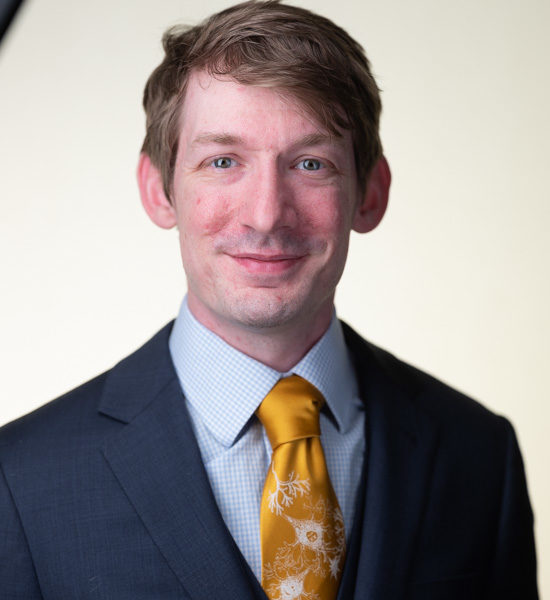
Jason
Jason Climer
Postdoctoral Fellow
jason.r.climer@gmail.com
How does the brain set up memories? Memories are stored by changing the strength of neural connections, but how these networks are set up is poorly understood. Dr. Jason Climer is developing novel microscopy, molecular, and statistical techniques to learn how inputs shape memories formed during navigation.
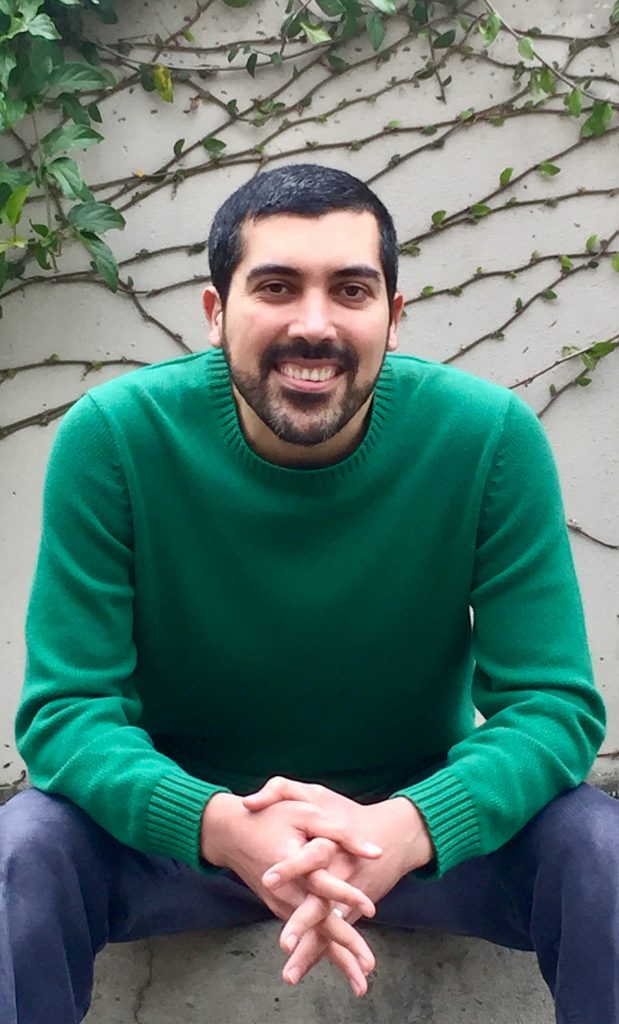
Heydar
Heydar Davoudi
Postdoctoral Fellow
heydar.davoudi@gmail.com
I’m interested in the neural mechanisms for spatial navigation and episodic memory at the subcellular level. By developing two-photon imaging of dendritic spines, I study how place cells in hippocampal output area CA1 integrate the spatial and contextual information of their inputs. I received my PhD in Biomedical Engineering from Johns Hopkins School of Medicine in 2017 in David Foster’s lab, where I integrated in vivo electrophysiology and optogenetics to uncover the contribution of hippocampal area CA3 to the formation of CA1 place cell responses.

John and his car
John Issa
Postdoctoral Fellow
john.issa@northwestern.edu
My goal is to understand how the brain processes information in a distributed and efficient manner. In particular, I am using imaging tools to study neural activity in the hippocampal formation during ongoing behavior.
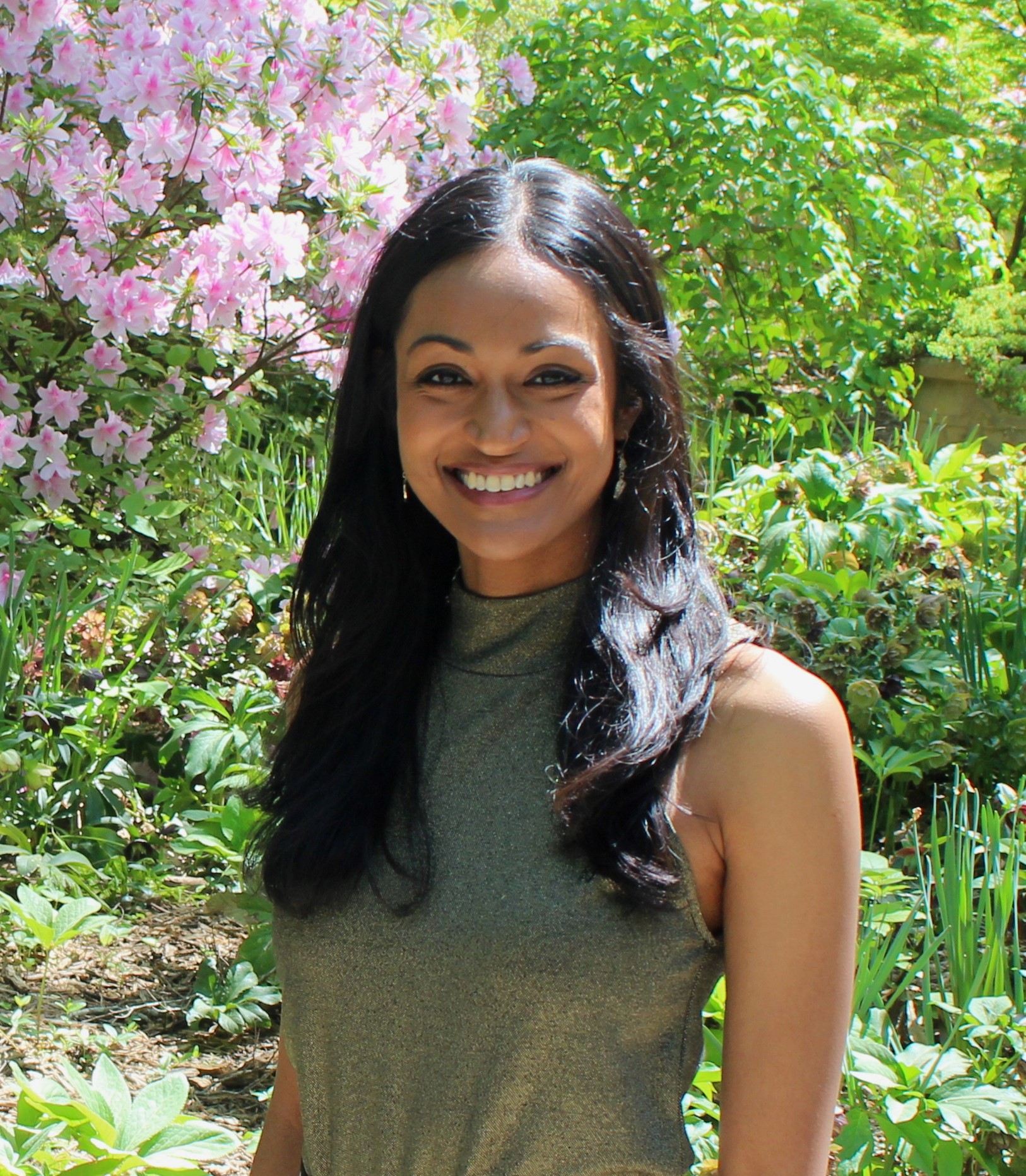
Shiva
Shiva Nagappan
Postdoctoral Fellow
shiva.nagappan@northwestern.edu
I am interested in the incredible diversity of neuron types in the brain – what role they each play within a circuit or system, how they form cohesive units that drive complex functions and what happens when one or more of these cell types malfunction. During my PhD, I studied how distinct neuron types in the piriform cortex differentially processed odor information and how they each contributed to specific odor-driven behaviors. Now, I am pursuing these questions in the context of dopaminergic neurons in the striatum and Parkinson’s disease.
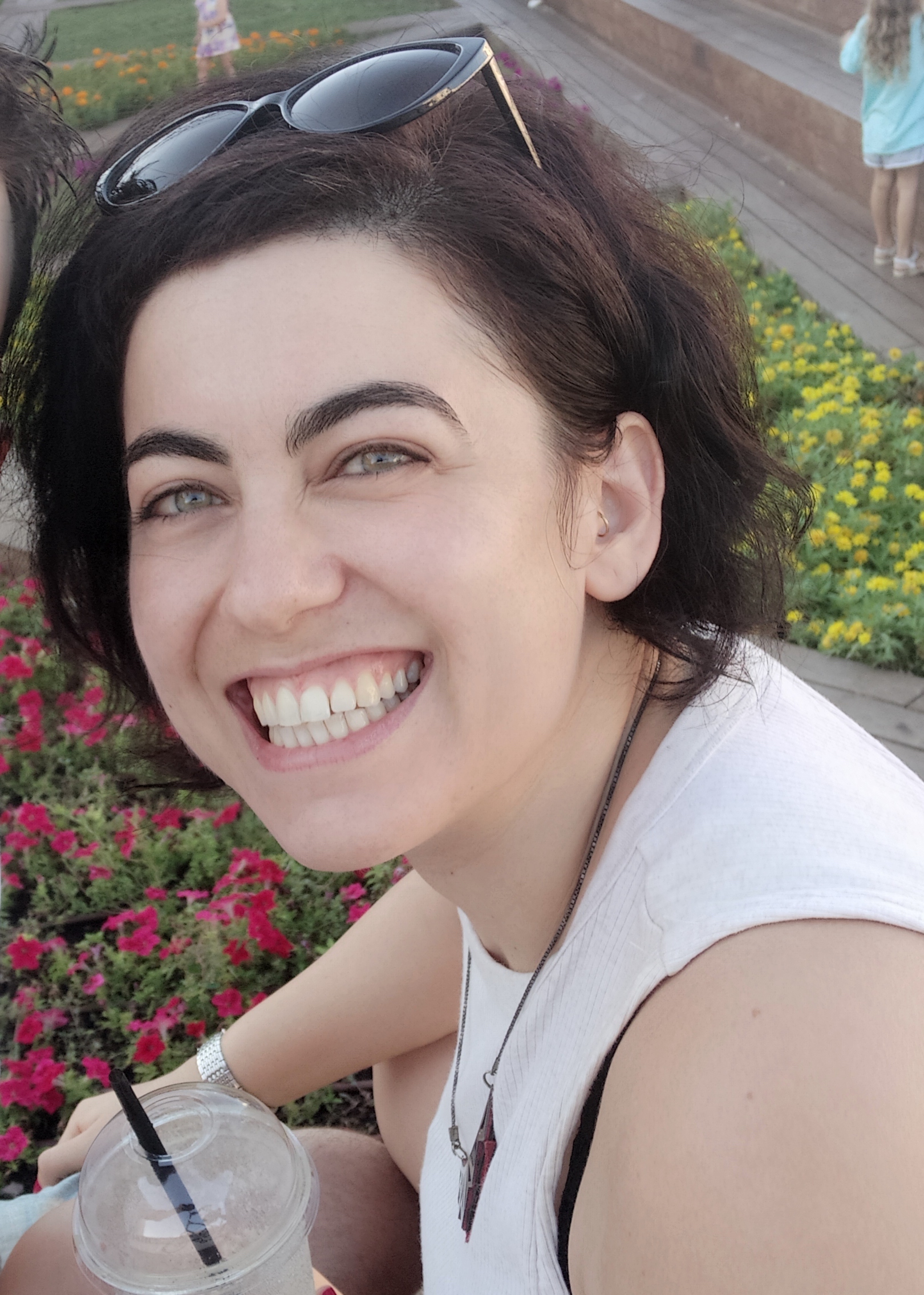
Lior
Lior Tiroshi
Postdoctoral Fellow
lior.tiroshi@northwestern.edu
I am interested in the computations performed by the single neuron and how single-cell and subcellular activity patterns give rise to the dynamics of the circuit. In the hippocampus, ensembles of place cells form distinct representations of the outside world, and their collective activity is regarded as a neural substrate of spatial memory. How do hippocampal neurons form these robust yet flexible representations of different places, which can accommodate new and unpredictable environments? And how do dendritic mechanisms contribute to this remarkable ability? I explore these questions using advanced imaging techniques in head-restrained mice navigating a virtual reality environment, complemented by electrophysiological recordings.
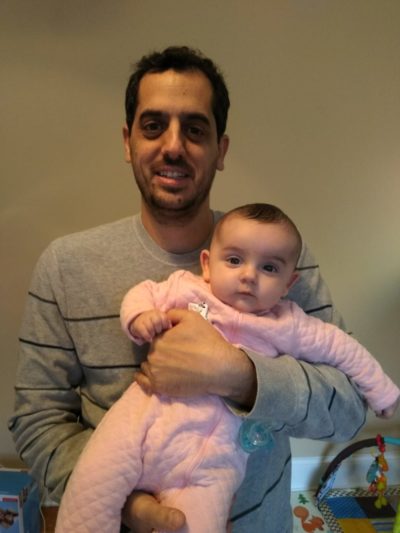
Gilad and Shira
Gilad Tocker
Postdoctoral Fellow
giladtocker@gmail.com
I am interested in how memories formed in the Hippocampal formation. Many models suggest a critical role for connections between cells in forming episodic memories. By developing novel techniques for imaging dendritic spines in vivo, I hope to test these models and produce mechanistic insights.
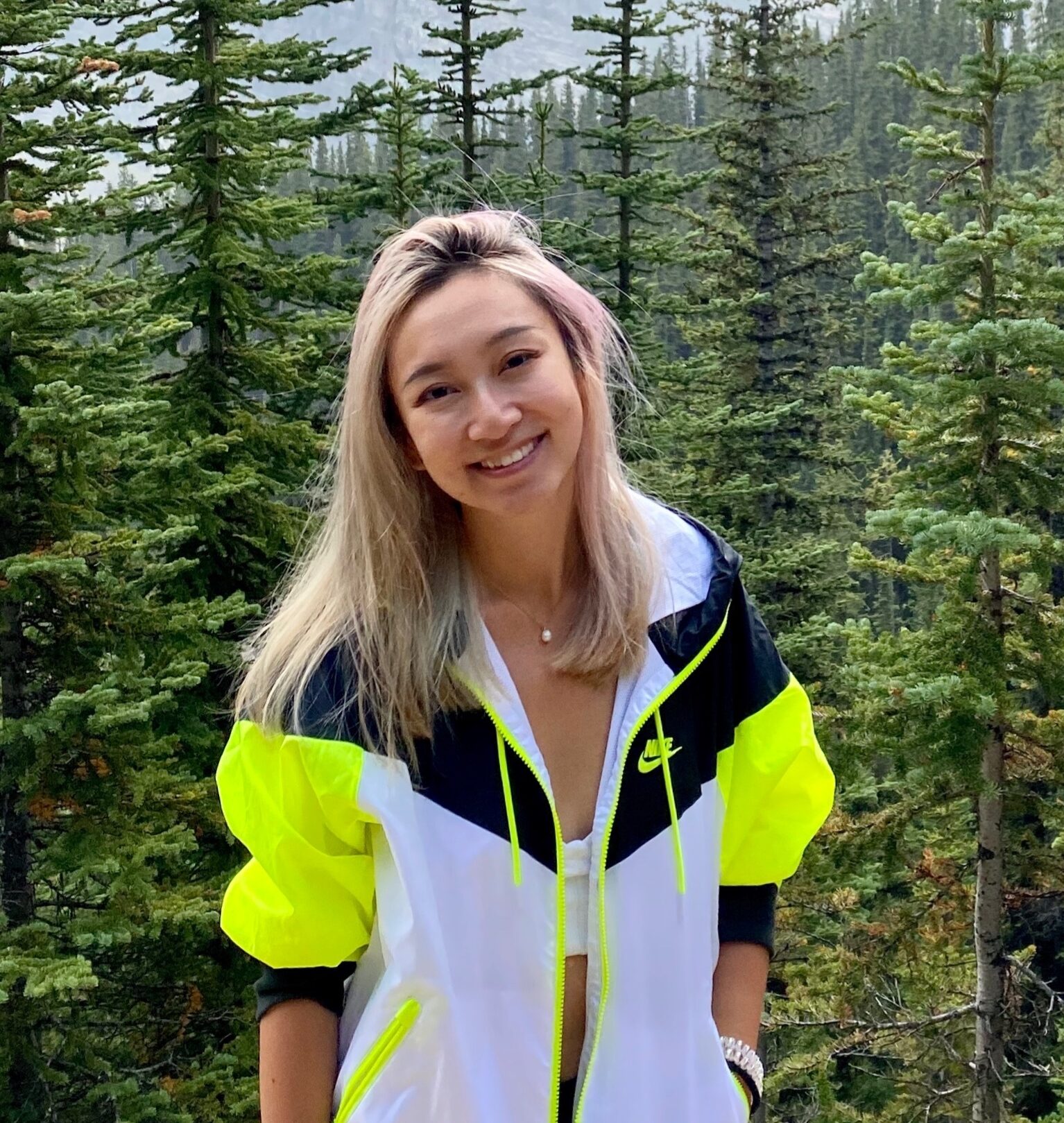
Elena
Elena He
Graduate Student
qianzi.he@northwestern.edu
Dopamine is thought to be a critical neuromodulator of many functions including motor control, learning, and motivation, but the information conveyed in dopamine signaling has remained elusive. Using optogenetics and in vivo two photon microscopy, I hope to gain insights to the dynamics of nigrostriatal dopamine signaling, and the mechanism through which the dysfunctional system gives rise to motor deficits in Parkinson’s disease.
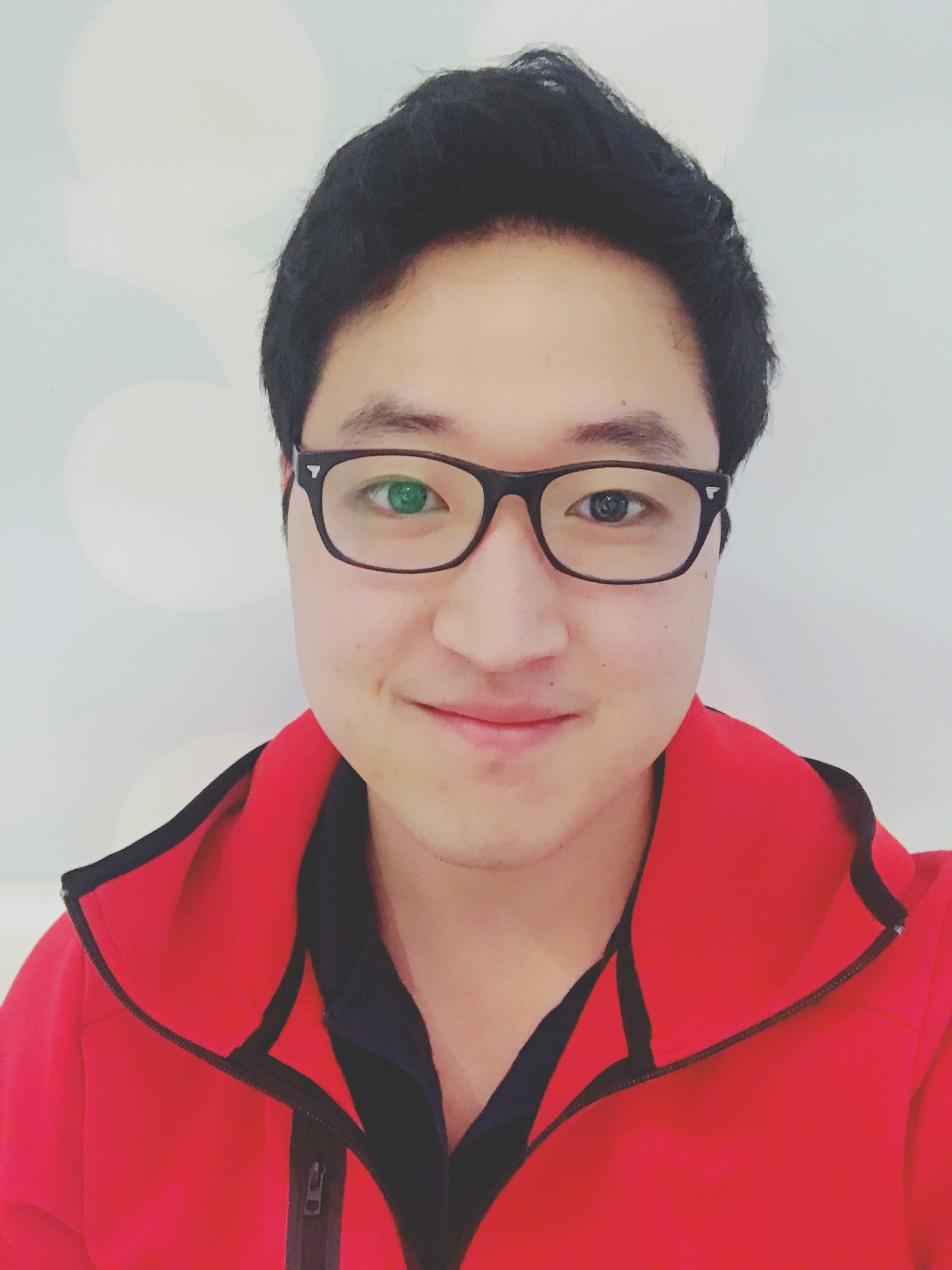
Daniel and his glasses he never wears
Daniel (Jun Young) Oh
Graduate Student
junoh2025@u.northwestern.edu
As we walk leisurely from lab to In-N-Out on a sunny and warm Sunday afternoon, how does the brain form new memories and how does the representation of the spatial memories change in response to constantly shifting environments? I am interested in studying remapping mechanisms of CA1 place cells in response to novel environment exposure in vivo using functional two photon microscopy and virtual reality.
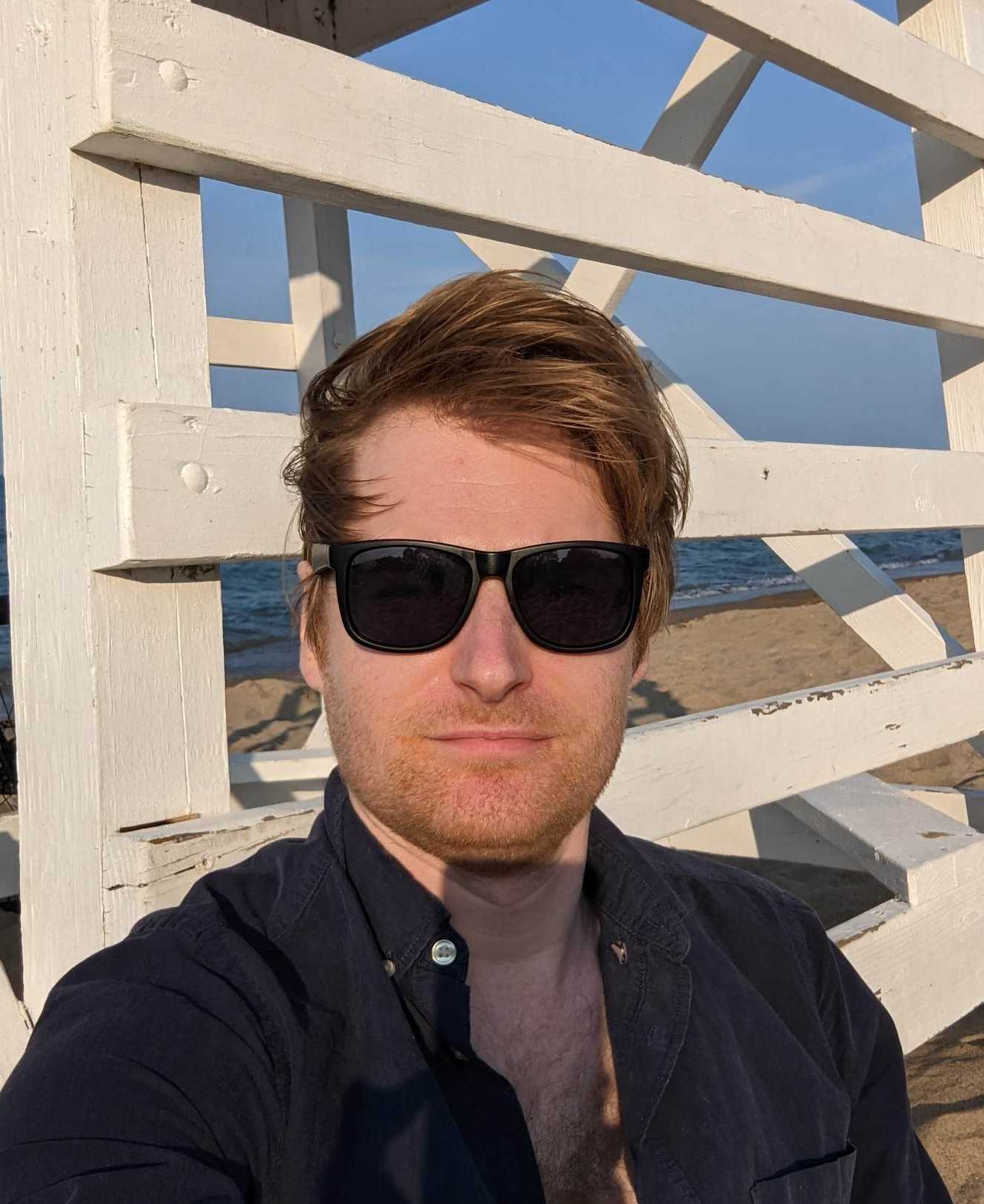
Dom on the beach
Dom Pinke
Research Specialist
pinke.domonkos@northwestern.edu
My primary interest is the research of imprinted, innate behavioral patterns. How is it possible that mice born in a lab are able to recognize and react to a predator coming from above, which they have never seen before? How do these circuits develop in the brain, and how do these ancient, hardwired functions influence memory formation? I seek answers to these questions through 2-photon microscopy and immersive virtual environments, focusing on place and grid cells in the hippocampus.
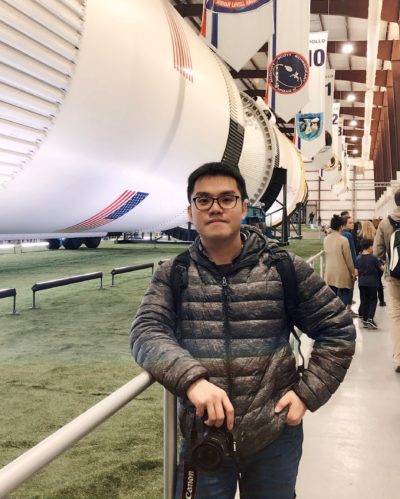
Feng
Feng Xuan
Graduate Student
FengXuan2023@u.northwestern.edu
Neuromodulators, such as acetylcholine, dopamine, play critical roles in many cognitive processes. My goal is to better understand neuromodulator signaling in the living brain in relation to animals’ behavior. More specifically, I’m interested in using optical methods (e.g. two-photon imaging) to record neuromodulator dynamics in vivo, and relating them to ongoing behaviors (e.g. spatial navigation). Furthermore, we could perturb these signaling to see how that would change behaviors.
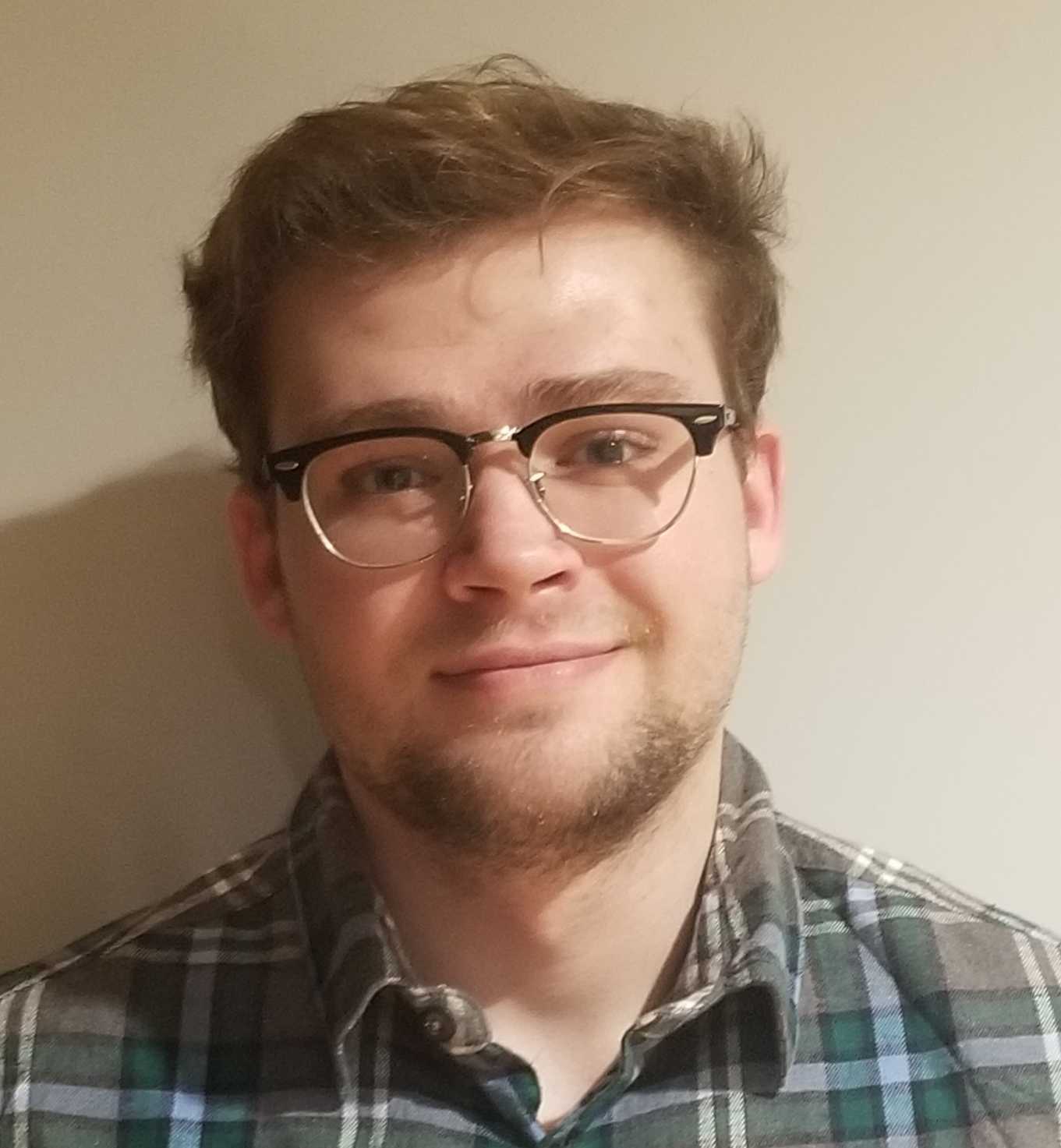
Connor
Connor Davidson
Lab Technician
connor.davidson@northwestern.edu
My work in the lab is split between general technician duties to facilitate overall lab research, and specific research on the dopamine system. For the later, I’m interested in learning how recently discovered diversity in dopaminergic neurons is reflected in their different functions.
Former Lab Members
Postdocs:
Jim Heys (Assistant Professor University of Utah, website) – jimheys@gmail.com
Mark Howe (Assistant Professor Boston University, website) – markhowe72@gmail.com
Mark Sheffield (Assistant Professor University of Chicago, website) – sheffield@uchicago.edu
Ed Han (Assistant Professor Washington University, website) – ehan23@wustl.edu
Grad Students:
Mike Adoff (Postdoc Southwell Lab, Duke University, NC) – michael.adoff@duke.edu
Brad Radvansky (Clinical Research Scientist, ZOLL Cardiac, PA) – radvansky@fastmail.com
Maite Azcorra (Postdoc Ramdya Lab, EPFL, Switzerland) – maite.azcorrasedano@epfl.ch
